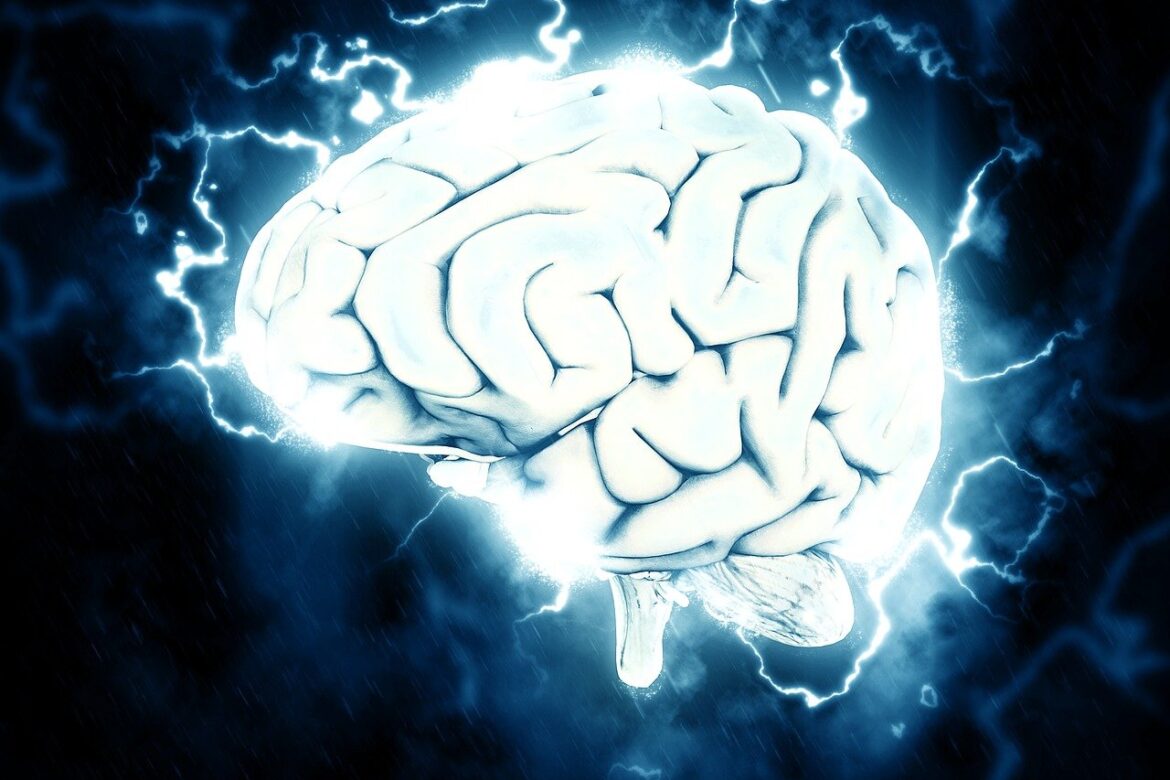The Connection Between Migraines and Dizziness
Migraine is a common, but not yet fully understood condition that can display a wide variability of symptoms. There is a definite connection between migraines and dizziness.
The term “migraine” is derived from the Greek word “hēmikrania” for a headache along “half” of the “skull”. Traditionally, a migraine was strictly considered to be a severe headache, often on one half of the head. However, now that more research is being done on migraines, it is better understood that migraines can cause symptoms that are not only headaches.
What is a Migraine?
Migraine is a genetic neurological condition that causes a dysfunction in the way ion channels within nerve cells are created. This causes a sensory processing problem within the nervous system of the brain. Thus, people who have migraines have brains that are overly sensitive to motion, sound, and/or more complex visual stimuli.
The manifestation of migraine is not yet fully understood. The current theory for migraine attack onset suggests that symptoms begin after a change in nerve signals. In addition there is a change in blood flow deep within the brain that spreads to different areas. This overly sensitized nervous system response can spread anywhere within the brain, which can result in different symptom onset for each person.
Therefore, migraine can mimic almost any other condition. The type of migraine symptom an individual may be experiencing could also change over time. Migraines are often triggered by environmental stimuli (e.g. smells, movement, weather), physiologic stimuli (e.g. hormones, stress, sleep), and/or certain foods.
Symptoms of Migraines
Some symptoms of migraine may include but are not limited to, headache, nausea, vomiting, light sensitivity, sound sensitivity, sinus pressure, and abdominal pain. Dizziness can also be a symptom of migraine.
Migraine is the #1 non-otologic (meaning not directly related to inner ear impairment) cause of vertigo. This means that migraine can create dizziness in the brain. Dizziness with migraine even has its diagnosis: “Vestibular Migraine”. The dizziness/imbalance can be present before or after a traditional migraine attack, or the dizziness/imbalance can be the migraine attack itself.
Physical therapy can not cure migraine, but physical therapy can potentially help reduce the frequency of migraine attacks. If someone experiences a vestibular migraine event and that person then experiences residual dizziness/imbalance sensations after the event, physical therapy may also help resolve the residual effects the migraine had on the balance system.
Connecting Migraines and Dizziness
Additionally, people who have migraines also are at a higher risk than the average person to develop true otologic (a true dysfunction within the inner ear) dizziness conditions. These conditions include BPPV, Meniere’s disease, neuritis, etc. This may be due to compromises with connections in the inner ear.
If someone has an isolated vestibular event, and also has a medical history of migraine, physical therapy is a great resource to help reduce dizziness and balance concerns stemming from the vestibular event.
If you have dizziness or migraine concerns, talk with your doctor or physical therapist about potential options to help you feel your best.

